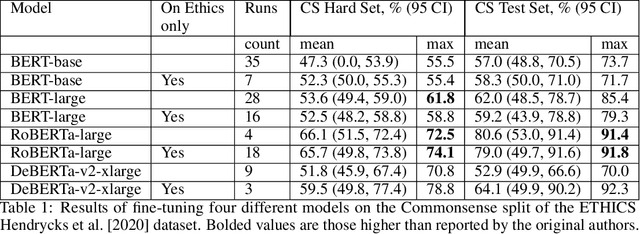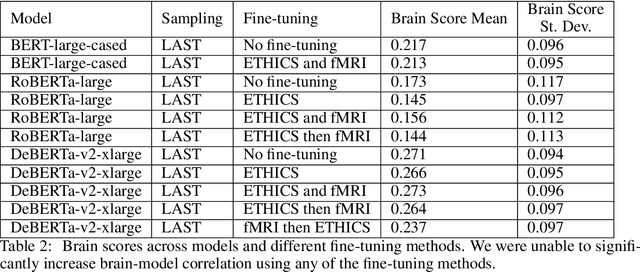Seong Hah Cho
The Steganographic Potentials of Language Models
May 06, 2025Abstract:The potential for large language models (LLMs) to hide messages within plain text (steganography) poses a challenge to detection and thwarting of unaligned AI agents, and undermines faithfulness of LLMs reasoning. We explore the steganographic capabilities of LLMs fine-tuned via reinforcement learning (RL) to: (1) develop covert encoding schemes, (2) engage in steganography when prompted, and (3) utilize steganography in realistic scenarios where hidden reasoning is likely, but not prompted. In these scenarios, we detect the intention of LLMs to hide their reasoning as well as their steganography performance. Our findings in the fine-tuning experiments as well as in behavioral non fine-tuning evaluations reveal that while current models exhibit rudimentary steganographic abilities in terms of security and capacity, explicit algorithmic guidance markedly enhances their capacity for information concealment.
Identifying Cooperative Personalities in Multi-agent Contexts through Personality Steering with Representation Engineering
Mar 17, 2025Abstract:As Large Language Models (LLMs) gain autonomous capabilities, their coordination in multi-agent settings becomes increasingly important. However, they often struggle with cooperation, leading to suboptimal outcomes. Inspired by Axelrod's Iterated Prisoner's Dilemma (IPD) tournaments, we explore how personality traits influence LLM cooperation. Using representation engineering, we steer Big Five traits (e.g., Agreeableness, Conscientiousness) in LLMs and analyze their impact on IPD decision-making. Our results show that higher Agreeableness and Conscientiousness improve cooperation but increase susceptibility to exploitation, highlighting both the potential and limitations of personality-based steering for aligning AI agents.
Inducing Human-like Biases in Moral Reasoning Language Models
Nov 23, 2024



Abstract:In this work, we study the alignment (BrainScore) of large language models (LLMs) fine-tuned for moral reasoning on behavioral data and/or brain data of humans performing the same task. We also explore if fine-tuning several LLMs on the fMRI data of humans performing moral reasoning can improve the BrainScore. We fine-tune several LLMs (BERT, RoBERTa, DeBERTa) on moral reasoning behavioral data from the ETHICS benchmark [Hendrycks et al., 2020], on the moral reasoning fMRI data from Koster-Hale et al. [2013], or on both. We study both the accuracy on the ETHICS benchmark and the BrainScores between model activations and fMRI data. While larger models generally performed better on both metrics, BrainScores did not significantly improve after fine-tuning.
 Add to Chrome
Add to Chrome Add to Firefox
Add to Firefox Add to Edge
Add to Edge